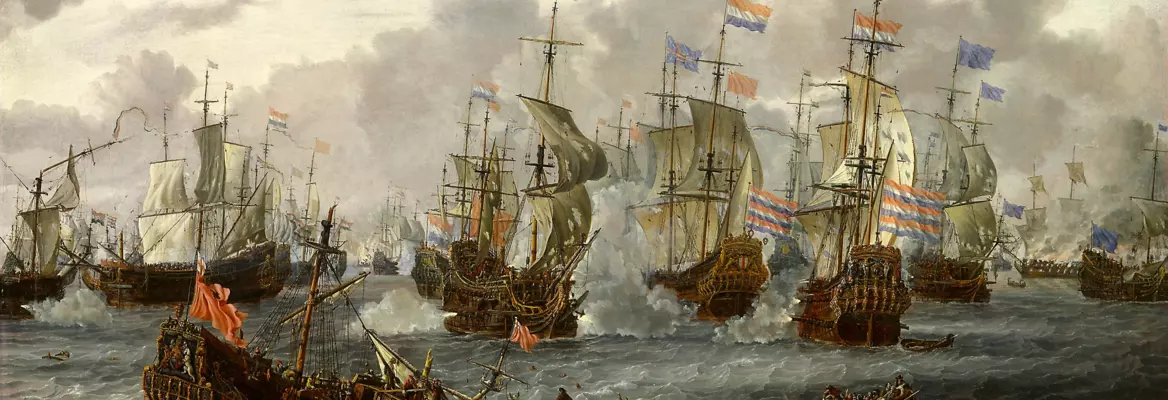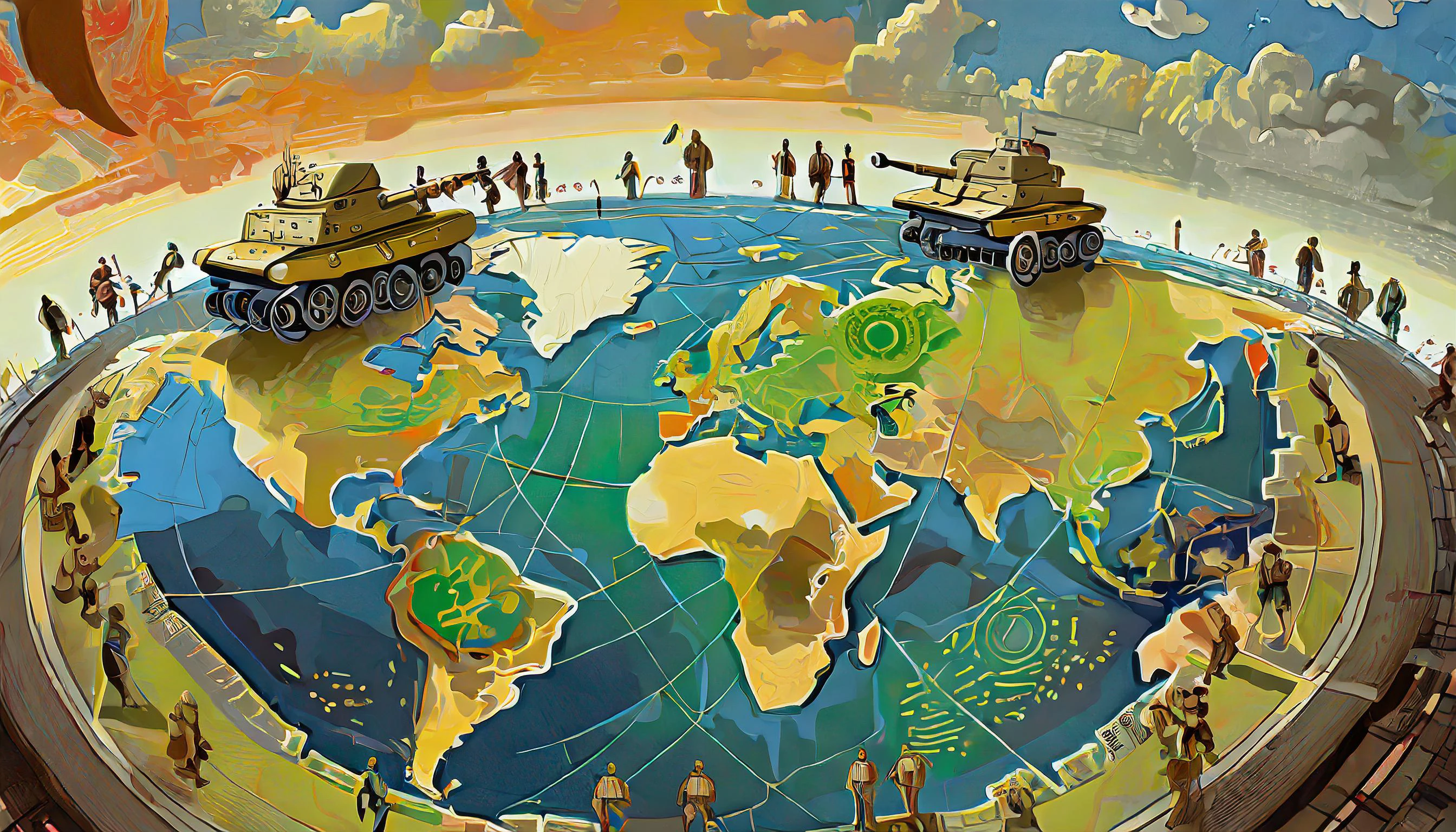Since Russia’s invasion of Ukraine, grand narratives of war have been springing up everywhere. From Conflict by David Petraeus 2023, (appearing at the upcoming Howthelightgetsin Festival), to On Wars by Michael Mann 2023, and How States Think by John Mearsheimer and Sebastian Rosato 2023, these sweeping accounts aim to provide profound insight into conflict and human nature. Gladstone Professor of Government at the University of Oxford, Stathis Kalyvas, in this short article, explains why these accounts fail, but why people still want them anyway, and why their comfort and familiarity makes them desirable.
There is no question that grand narratives of war are fashionable. Historical accounts, taking a broad sweep over tens or even hundreds of years, are published regularly, and they are often penned by a range of thinkers across the academic and ideological spectrum.
These narratives draw typically from a large corpus of primary research and attempt to extract useful insights both about war and human nature. But do they succeed? Are we learning something new or at least profound? The answer is likely no. But this still doesn’t get to the heart of why there’s such high demand for them, and the other purposes they serve.
One recent stab at such a grand narrative is Conflict: The Evolution of Warfare from 1945 to Ukraine by General David Petraeus, a military commander in the infamous War on Terror, and Andrew Roberts, a British popular historian. They review the major post-Second World War conflicts to identify how the battlefield has shaped the way war is waged from military technology, leadership, and coalition building to name but a few themes. Their focus is both presentist and unabashedly US-centric and the conflicts that attract most of their attention are those that entailed US participation: Vietnam, Afghanistan, and Iraq loom large.
___
It could be argued that boundaries between war and peace were equally, if not more blurred, in the past.
___
If there is a key insight, it is the blurring of the boundaries between war and peace, high and low-intensity war, conventional and unconventional warfare. The apparent emergence of a perpetual state of low-level conflict is masked by plausible deniability that turns war into a process less visible and intense yet much more present. The ongoing conflict in Syria is an example, involving US troops, Wagner Group Russian mercenaries, and Iran-backed militias among a variety of other armed actors
Yet, this is an insight that manages to be both generic and questionable. It could be argued that boundaries between war and peace were equally, if not more blurred, in the past. Think of the highly violent European colonial expansion in Africa which took place in the second half of the nineteenth century during a period that historians describe as the “British Peace.”
The attempt to peer into the future furthermore produces a correspondingly hazy perspective: “Trying to predict the future of warfare is notoriously difficult” the two authors point out. However, they still feel compelled to venture some observations and reflections on some of the potential developments that lie ahead, an effort that feels forced and vague.
Now take Michael Mann’s On War , which is equally thick but much more ambitious, ranging across a much greater swath of history, beginning with Rome and ending with the Russian invasion of Ukraine. Tellingly, one chapter bears the title “A Thousand Years of Europe.” Mann is a historical sociologist with a strong theoretical bent, best known for his monumental four-volume treatise The Sources of Social Power.






















Join the conversation